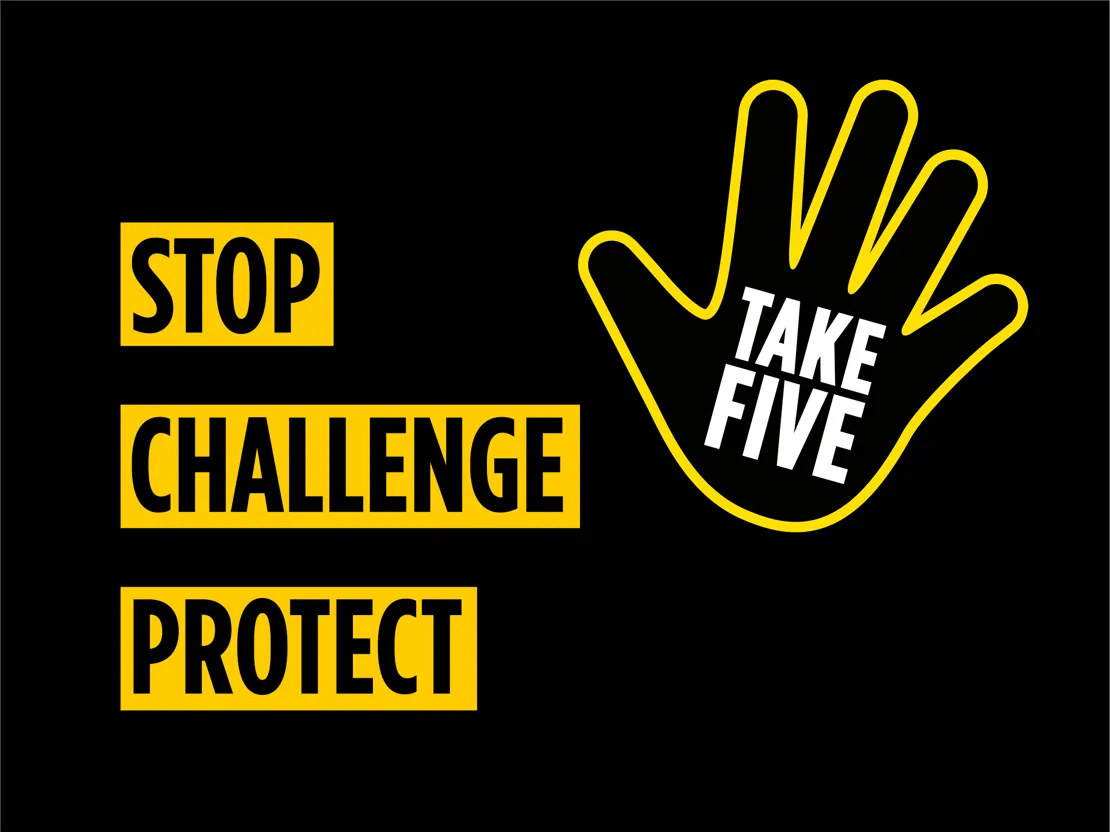A “legitimate” company asks for personal information Back
A “legitimate” company asks for personal information
A fraudster will often impersonate a trusted source (such as a bank or finance provider) to trick you into thinking you’re dealing with a legitimate company.
If a so-called trusted source requests personal information from you, such as your bank account details or passwords, it’s likely this is a scam. You should always hang up / ignore the email and contact the company via a number you know to be genuine if you receive a request like this.
Be extremely wary of links or attachments you weren’t expecting, even if it purports to come from a legitimate organisation. If you have any reason to be suspicious, don’t click!


